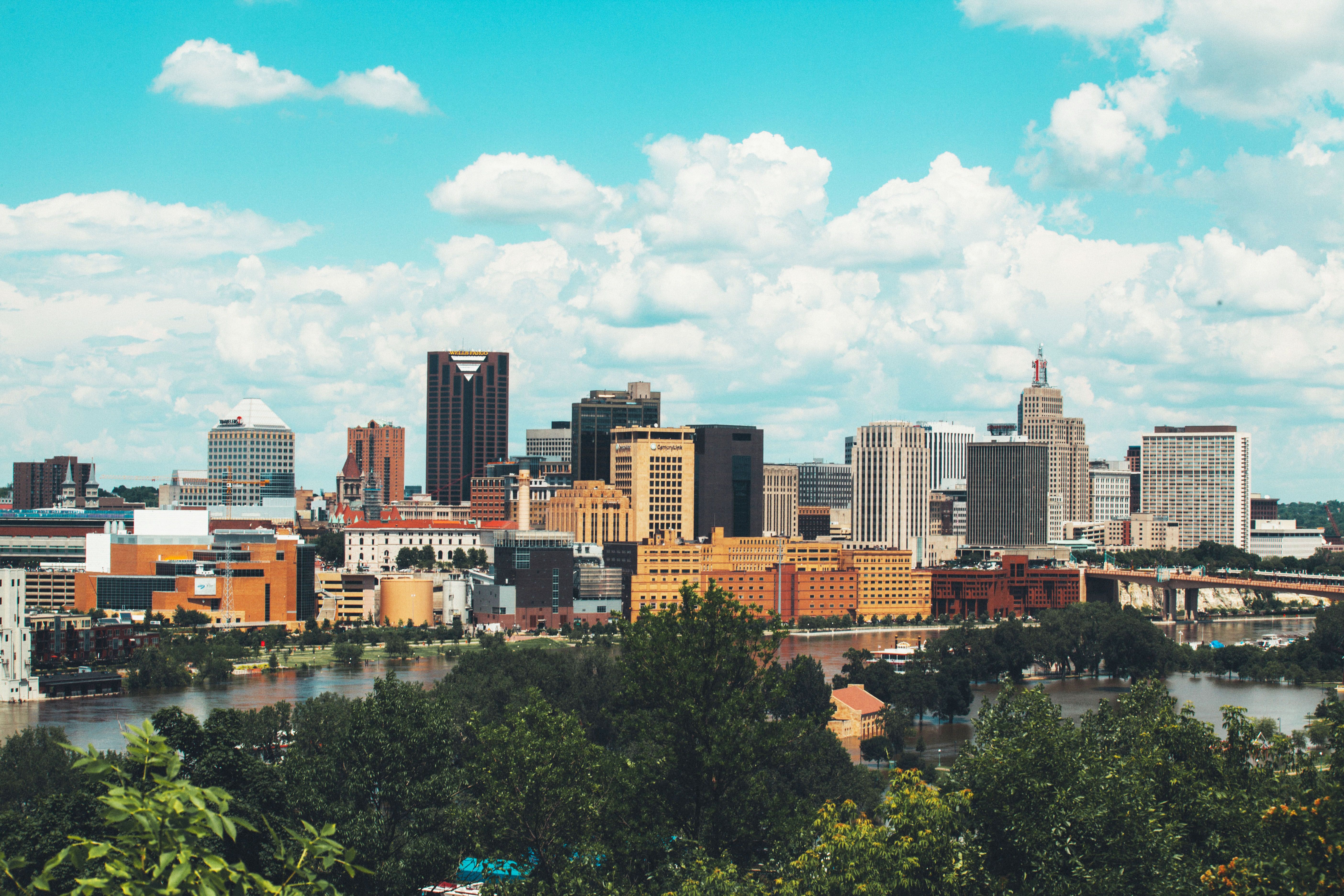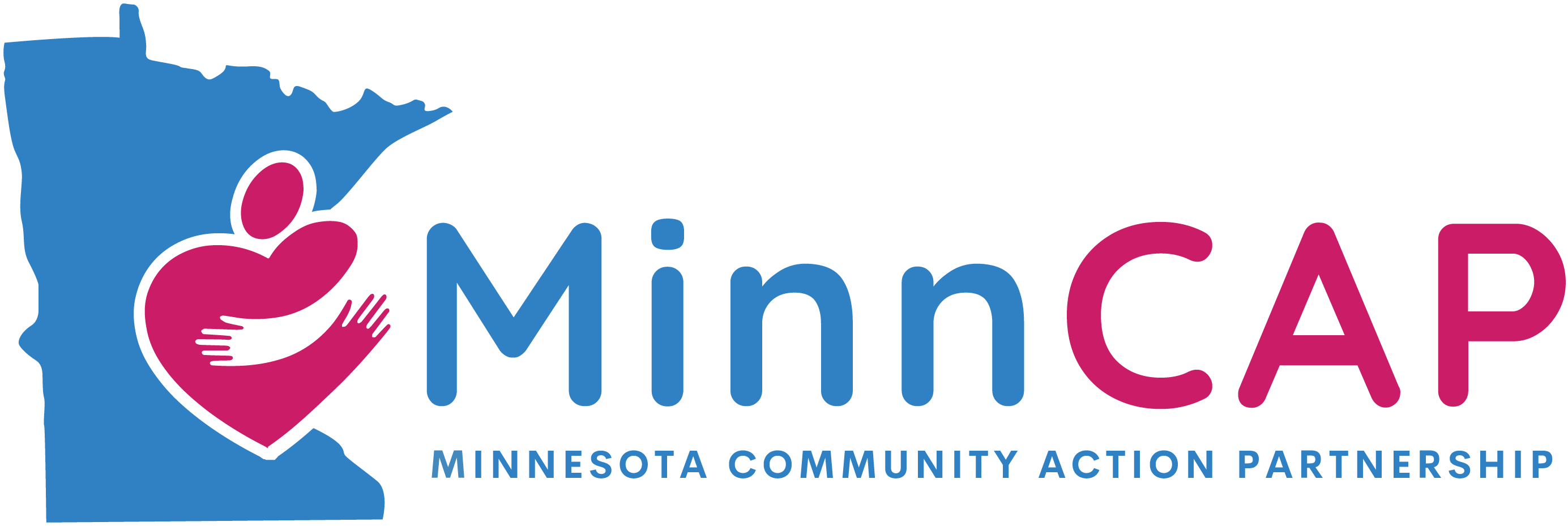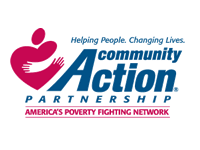February 28, 2019 | Vol. 6 No. 6
Anyone who has ever struggled with poverty knows how extremely expensive it is to be poor.
- James Baldwin
America can’t fix poverty until it stops hating poor people.
- Arthur C. Brooks
Beginning in the 1990s, the [United States] adopted a set of criminal justice strategies that punish poor people for their poverty. Right now in America, 10 million people, representing two-thirds of all current and former offenders in the country, owe governments a total of $50 billion in accumulated fines, fees and other impositions.
- Peter Edelman
Earlier this month, I had the opportunity to take a lunch meeting with Ramsey County Commissioner Trista MatasCastillo. During our time together, she shared a notion that instantly and undeniably spoke to me. Commissioner MatasCastillo, elected in 2018 to represent District 3 in Minnesota’s second largest county, told me that her mantra was “Poverty is not a crime. Therefore, we should not treat those living in poverty as criminals.”
Mind you, this is not the first time such a sentiment has been articulated. The more significant issue, in my estimation, is that it is not expressed nearly enough. It is clear that America has criminalized poverty for some time now, and those penalties only seem to get worse as the years pass.
Another individual who has eloquently sounded the alarm with regard to the systematic criminalization of poverty is author and anti-poverty crusader Peter Edelman. A native of Minneapolis, Edelman worked for Senator Robert F. Kennedy from 1964 until his death in 1968, and later famously resigned his position in the Clinton Administration in protest of the president’s welfare reform act of 1996.
Much of Edelman’s latest research focuses on the community of Ferguson, Mo., where in response to the 2014 shooting death of Michael Brown, the U.S. Department of Justice launched a civil rights investigation. Central to the findings (beyond the shooting investigation) was evidence of meticulously biased policing and bureaucratic hurdles that “exposed exorbitant fines and fees for minor crimes that mainly hit the city’s poor, African American population, resulting in jail by the thousands.”
Of course, mountains of additional evidence reveal that such corrupt behavior is not just happening in St. Louis County, Mo. but in cities and towns throughout America. “Nor is the criminalization of poverty confined to money,” notes Edelman.
“School children are sent to court for playground skirmishes that previously sent them to the principal’s office. Women are evicted from their homes for calling the police too often to ask for protection from domestic violence. The homeless are arrested for sleeping in the park.
Additionally, these kinds of scandalous trends that target the poor, coupled with other systemic policies and practices, have helped to set the foundation for, and advanced the perpetuation of, mass incarceration in this country. American philosopher Jeffrey Reiman clearly foresaw this in his 1979 classic text The Rich Get Richer and the Poor Get Prison.
And yet in spite of all this — from real jail cells to the piling on of petty fees and fines that have more or less consigned millions of Americans to debtor’s prison — the criminalization of poverty cuts even deeper. Consider for a moment the bureaucracy and rolls of red tape our fellow citizens must sometimes traipse through to even access the programs and services they need and are entitled to.
There are multitudes of institutional, administrative, cultural and personal barriers that can make their efforts exceptionally difficult. For example, there are quite often hurdles based on location; lack of access to transportation; language barriers; physical challenges for seniors, children, and the disabled; mental health issues; poor communication; and so many other impediments.
Not to mention the indignity suffered by many who often have to jump through hoop after hoop just to apply for benefits, then being denied for reasons out of their control. It shouldn’t be this hard. We must do better.
It seems to me that the only crime here is that we’ve allowed poverty to persist as the societal punishments for said poverty seemingly escalate. So, kudos to Commissioner MatasCastillo, Edelman and others who are calling out this travesty and standing steadfast in opposition to this systematic criminalization of America’s poor.
It’s time for the rest of us to follow suit by standing up and declaring that “Poverty is not a crime.” Moreover, the criminalized treatment of those living in poverty can no longer be tolerated









